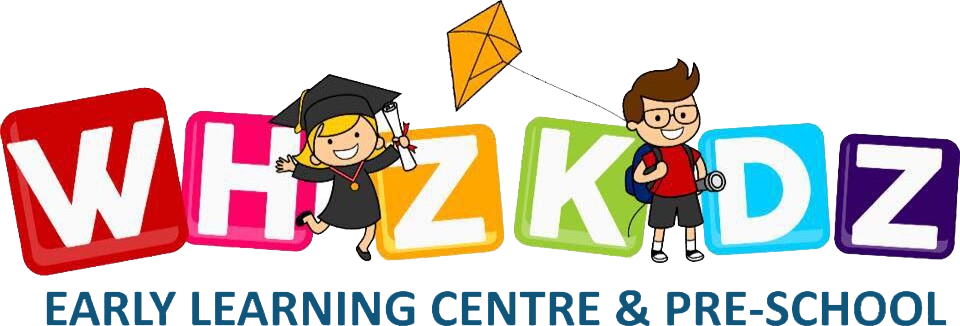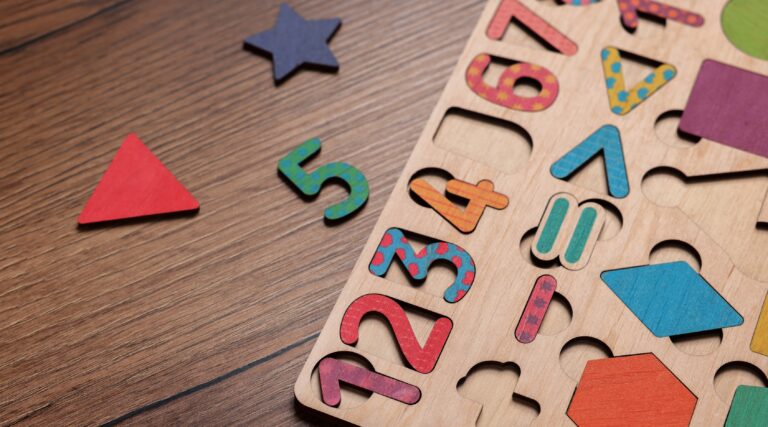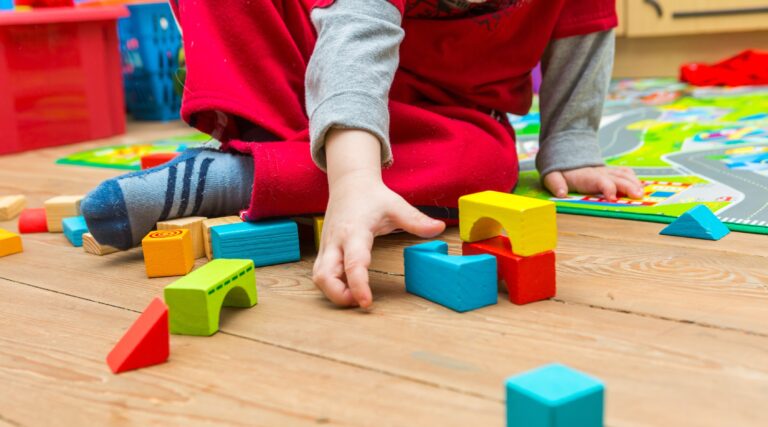The Benefits of Dramatic Play in Early Childhood Education
Dramatic play, also known as pretend play or imaginative play, is a fundamental part of early childhood education. It involves children taking on roles and engaging in make-believe scenarios, such as pretending to be a doctor, a teacher, or a firefighter. At Whiz Kidz Wollert, we understand that dramatic play is not just a form of entertainment; it also offers numerous benefits for children’s development. Here are some of the key benefits of dramatic play in early childhood education:
Develops Social Skills
Dramatic play encourages children to interact with their peers, negotiate roles, and collaborate on imaginary scenarios. This helps develop important social skills such as communication, cooperation, and empathy.
Promotes Language Development
During dramatic play, children often engage in conversation, use new vocabulary, and practice storytelling. This helps improve their language skills and fosters a love for language and literacy.
Enhances Creativity and Imagination
Dramatic play encourages children to use their imagination to create imaginary worlds, characters, and scenarios. This fosters creativity and helps children think outside the box.
Encourages Problem-Solving Skills
In dramatic play, children often encounter problems or conflicts that require them to come up with creative solutions. This helps develop their problem-solving skills and critical thinking abilities.
Boosts Emotional Development
Dramatic play allows children to explore and express a range of emotions in a safe and controlled environment. This helps them develop emotional intelligence and learn to understand and manage their feelings.
Develops Fine Motor Skills
Many dramatic play activities involve using props and costumes, which can help develop children’s fine motor skills and hand-eye coordination.
Fosters Self-Confidence
Engaging in dramatic play allows children to take on different roles and try out new behaviours. This can boost their self-confidence and self-esteem as they explore different aspects of themselves.
Teaches Cultural Understanding
Through dramatic play, children can learn about different cultures, traditions, and ways of life. This helps promote cultural understanding and acceptance.
Encourages Role Play
Role play in dramatic play allows children to explore different professions and roles, helping them develop a sense of identity and future aspirations.
Promotes Learning Through Play
Dramatic play is a fun and engaging way for children to learn about the world around them. It allows them to apply their knowledge in a practical and meaningful way.
Incorporating dramatic play into early childhood education can offer a wide range of benefits for children’s development. By providing opportunities for dramatic play, the team at Whiz Kidz Wollert help children develop important skills that will benefit them throughout their lives.







